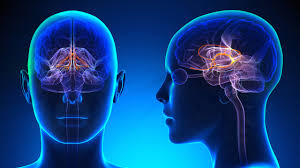The Effects of Music
By now there should be no doubt that music has a strong impact on humans and animals. Music has the ability to affect emotion, even though its effects may be expressed differently depending on the individual. This ability to affect emotion can even be used to encourage people to take certain initiatives or in order to motivate certain types of behaviour.
Music also plays a very interesting role in memory enhancement. Many of us remember the rhymes that we learnt in school – both the poetic and musical variety, even if much else may have faded into oblivion.
Many associate a certain piece of music with a certain memory. When this music is played, it can easily bring to mind the images and feelings that have been associated with those particular occasions.
Certain music can have a disruptive effect on our ability to concentrate. Other music can have the complete opposite effect of enhancing it.
A more general effect of music is that of encouraging social interaction. Music can promote collaboration within a group, and give an increased sense of community.
Music has quite the large potential to stimulate communication, social interaction, intellectual capacity, the workings of the memory. It can evoke feelings, and encourage initiative and drive. This makes music a powerful tool within therapeutic practice.
